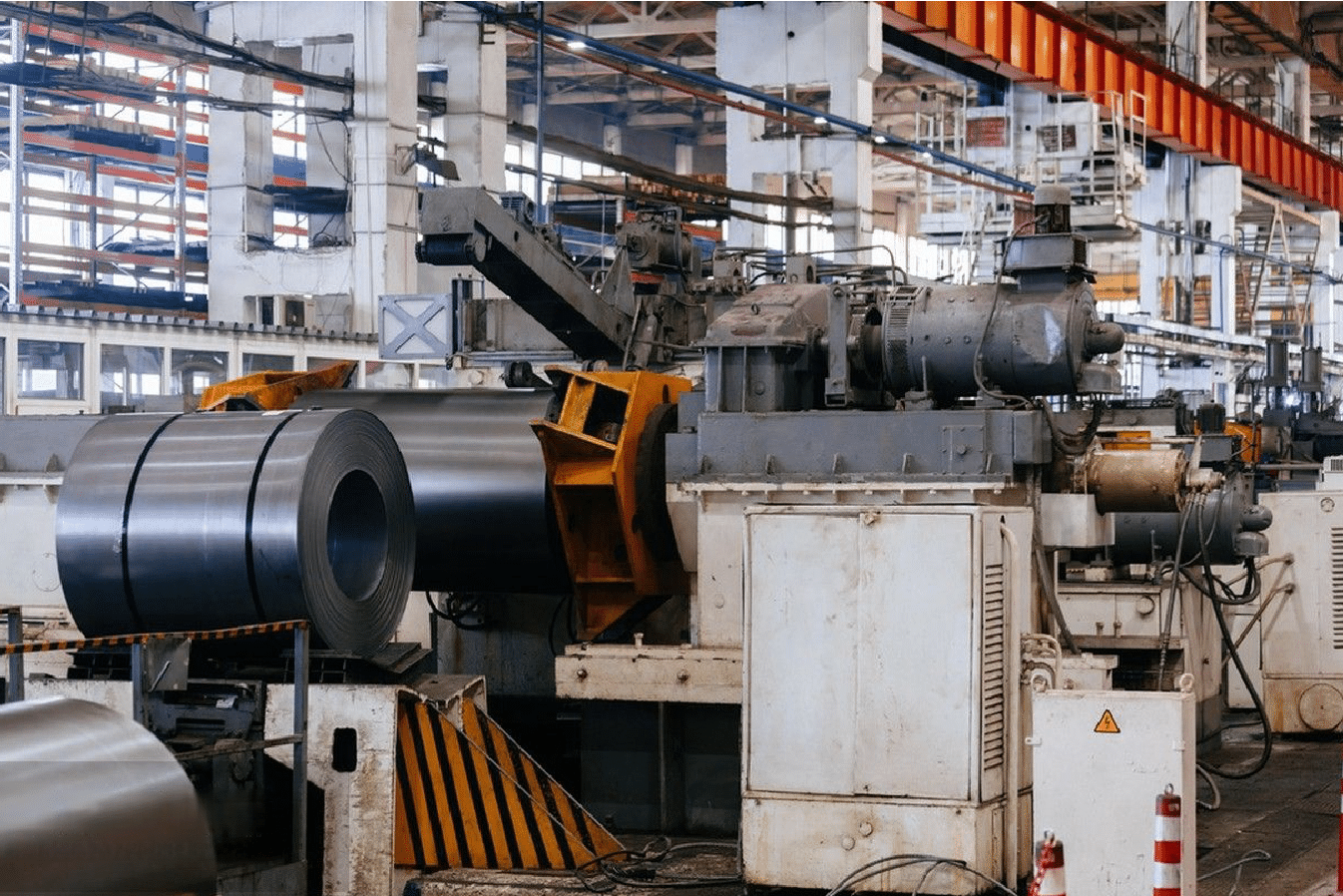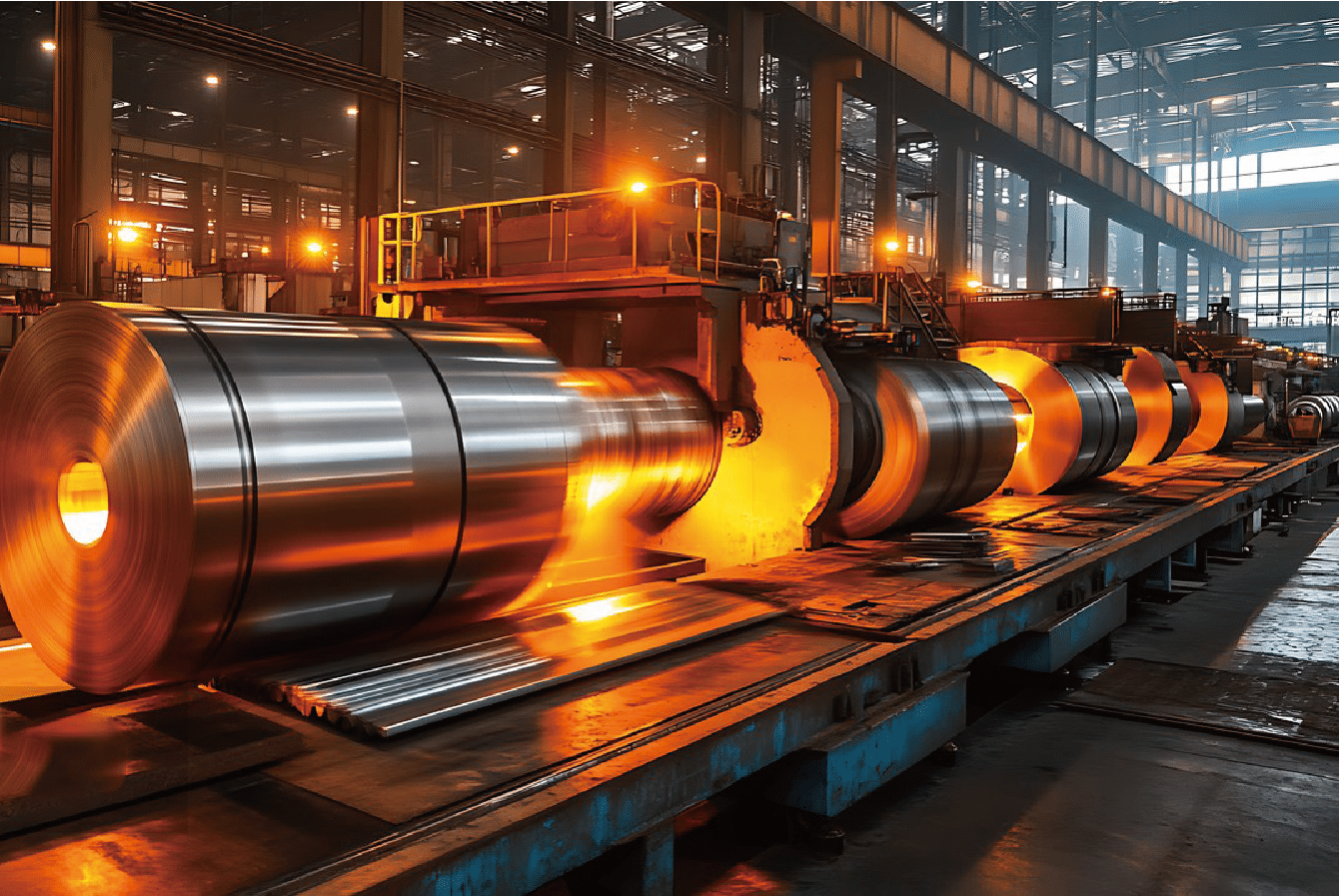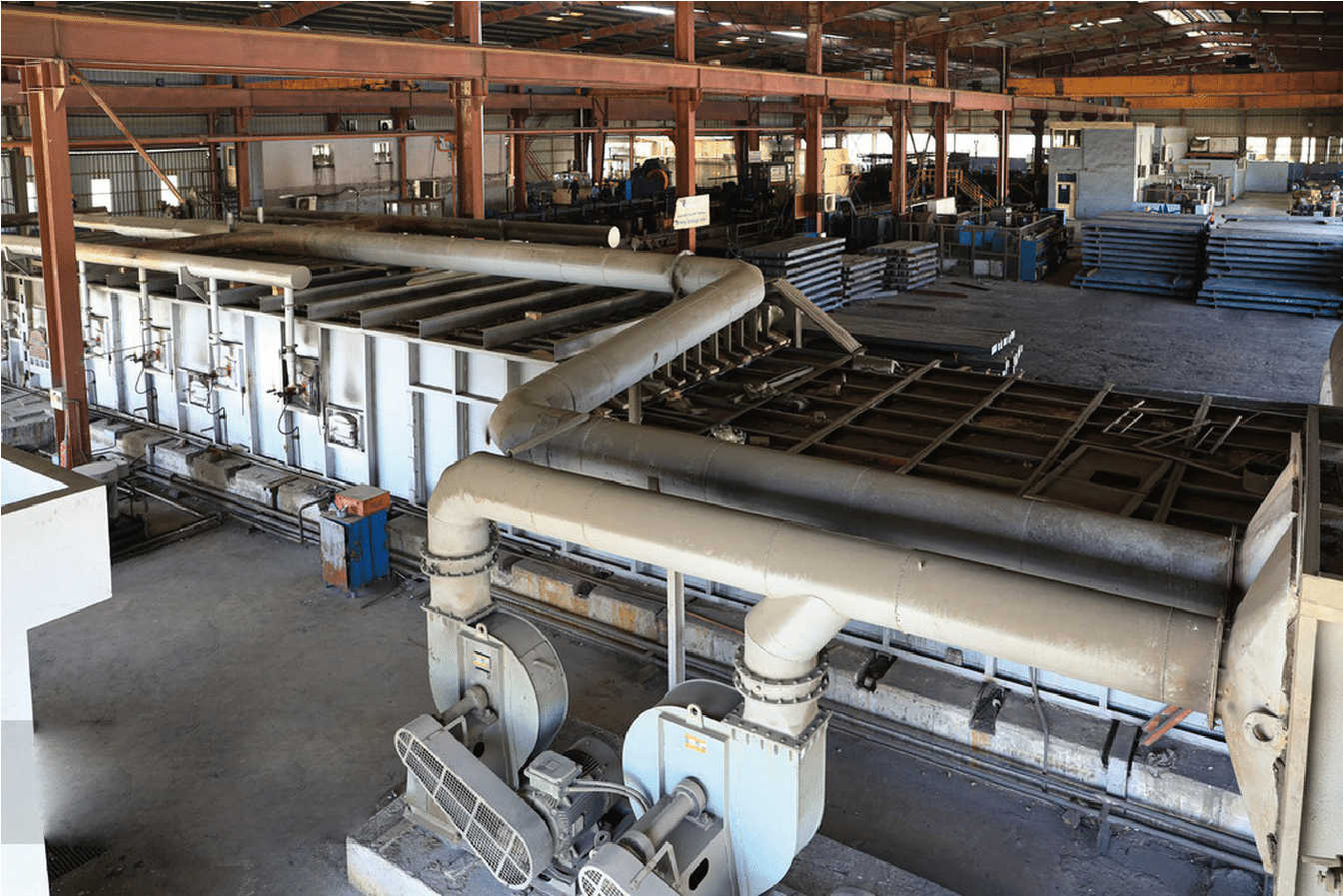In my 15 years of manufacturing stainless steel products, I've seen its applications expand across numerous industries. Its unique properties make it indispensable for critical applications where corrosion resistance and durability are essential.
Stainless steel is widely used in medical equipment, food processing, architecture, transportation, and chemical processing1 due to its exceptional corrosion resistance, durability, hygiene properties, and aesthetic appeal.
Through my experience serving various industries, I've gained deep insights into how stainless steel meets diverse application requirements. Let me share how different sectors leverage this versatile material for optimal performance.
The versatility of stainless steel continues to drive its adoption across industries. Having supplied materials for countless applications, I understand how its properties address specific industry challenges.
How Is Stainless Steel Utilized in the Medical and Pharmaceutical Industries?
Drawing from experience with medical sector clients, I've seen how crucial material selection is for healthcare applications.
In medical and pharmaceutical applications2, stainless steel is essential for surgical instruments, medical devices, clean room equipment, and pharmaceutical processing systems due to its sterilization capability and biocompatibility.
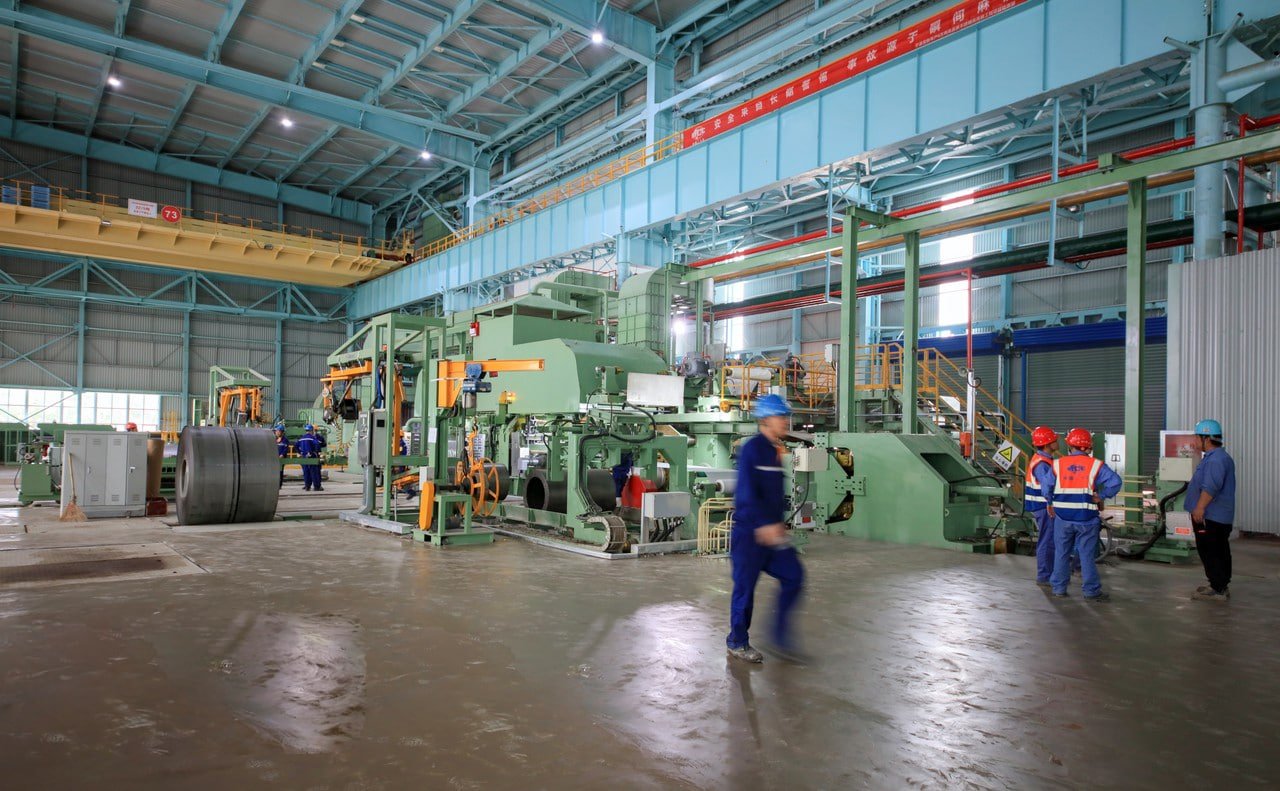
Medical Equipment Applications
-
Surgical Instruments:
- Scalpels and forceps
- Surgical trays
- Operating tables
- Medical cabinets
-
Medical Devices:
- Implants
- Diagnostic equipment
- Treatment apparatus
- Monitoring devices
| Application | Grade | Key Requirements |
|---|---|---|
| Surgical Tools | 316L | Sterilization resistance |
| Implants | 316LVM | Biocompatibility |
| Equipment | 304 | Durability |
Pharmaceutical Processing
-
Production Equipment:
- Mixing vessels
- Storage tanks
- Transfer systems
- Clean room components
-
Quality Requirements:
- Surface finish
- Cleanability
- Sterilization capability
- Documentation
Why Is Stainless Steel Preferred in Food Processing and Catering?
My experience with food industry clients has shown why stainless steel is irreplaceable in food applications.
Stainless steel dominates food processing and catering3 due to its excellent hygiene properties, ease of cleaning, corrosion resistance, and compliance with food safety regulations.

Food Processing Equipment
-
Processing Systems:
- Mixing tanks
- Conveyor systems
- Heat exchangers
- Storage vessels
-
Preparation Equipment:
- Work surfaces
- Kitchen equipment
- Storage containers
- Serving tools
-
Sanitary Requirements:
- Easy cleaning
- Bacterial resistance
- Chemical resistance
- Temperature stability
Commercial Kitchen Applications
-
Food Preparation:
- Prep tables
- Sinks
- Shelving
- Utensils
-
Storage Solutions:
- Walk-in coolers
- Storage racks
- Transport containers
- Display units
What Architectural and Construction Applications Rely on Stainless Steel?
Through numerous construction projects, I've seen stainless steel's architectural versatility.
Stainless steel is used extensively in architecture for structural elements4, facades, handrails, elevators, and decorative features, combining aesthetic appeal with durability.
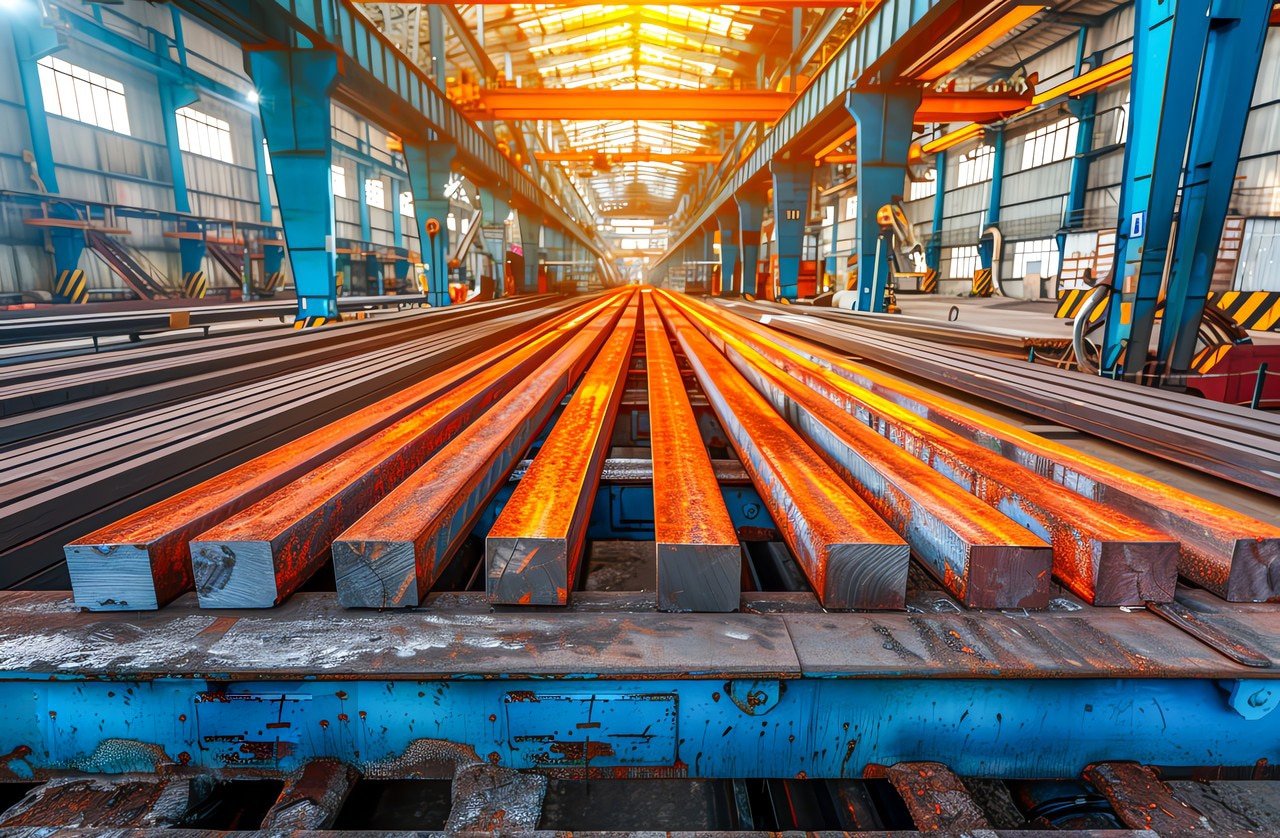
Structural Applications
-
Building Components:
- Support columns
- Tension rods
- Connection elements
- Reinforcement systems
-
Exterior Elements:
- Cladding panels
- Roofing materials
- Window frames
- Door systems
-
Interior Features:
- Elevator cabs
- Escalator components
- Wall panels
- Trim elements
Design Considerations
-
Aesthetic Requirements:
- Surface finishes
- Visual appeal
- Light reflection
- Pattern options
-
Performance Needs:
- Weather resistance
- Structural strength
- Maintenance ease
- Durability
Which Transportation Sectors Benefit from Stainless Steel Components?
My work with transportation manufacturers has demonstrated stainless steel's critical role.
Transportation applications include railway cars, automotive components, marine vessels, and aerospace parts5, where corrosion resistance and strength are paramount.
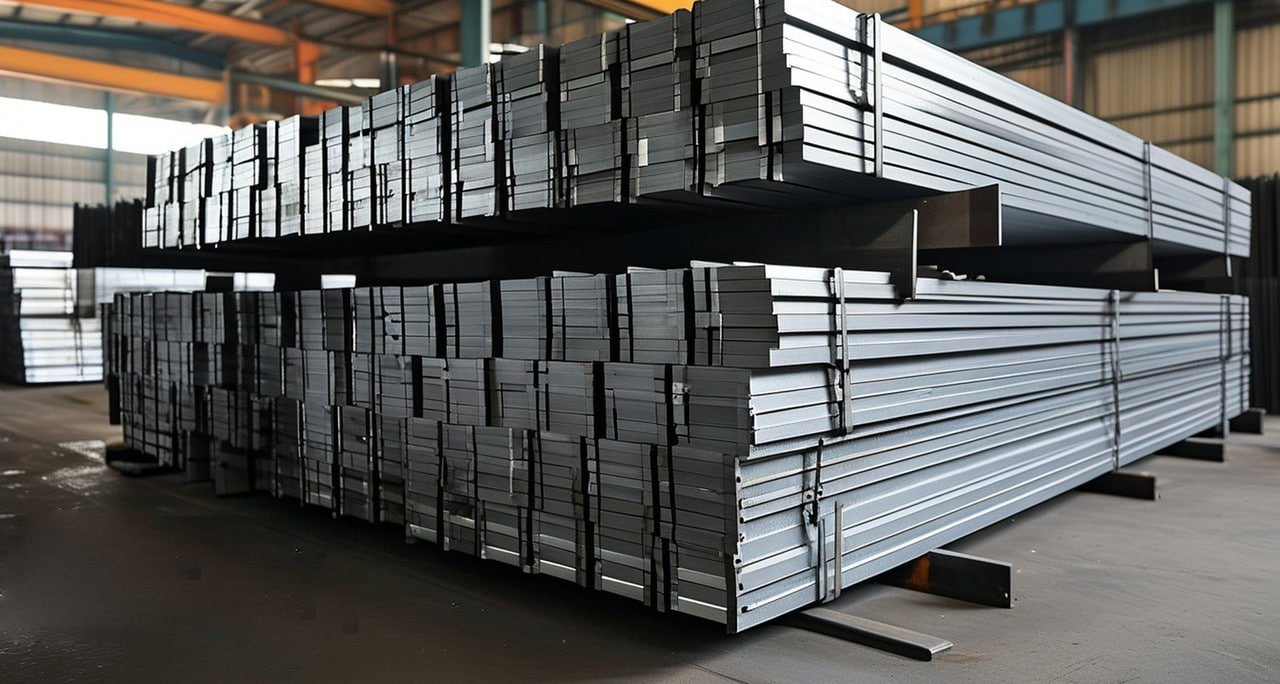
Automotive Applications
-
Vehicle Components:
- Exhaust systems
- Fuel tanks
- Structural parts
- Trim elements
-
Performance Requirements:
- Corrosion resistance
- Heat resistance
- Impact strength
- Weight optimization
Marine Applications
-
Vessel Components:
- Hull fittings
- Deck equipment
- Propulsion systems
- Interior fixtures
-
Environmental Considerations:
- Salt water resistance
- Weather exposure
- Chemical resistance
- Maintenance needs
What Role Does Stainless Steel Play in Chemical and Petrochemical Plants?
Experience with process industry clients has shown stainless steel's crucial role.
Chemical and petrochemical plants rely on stainless steel for process equipment, storage tanks, piping systems, and heat exchangers6 due to its excellent chemical resistance.
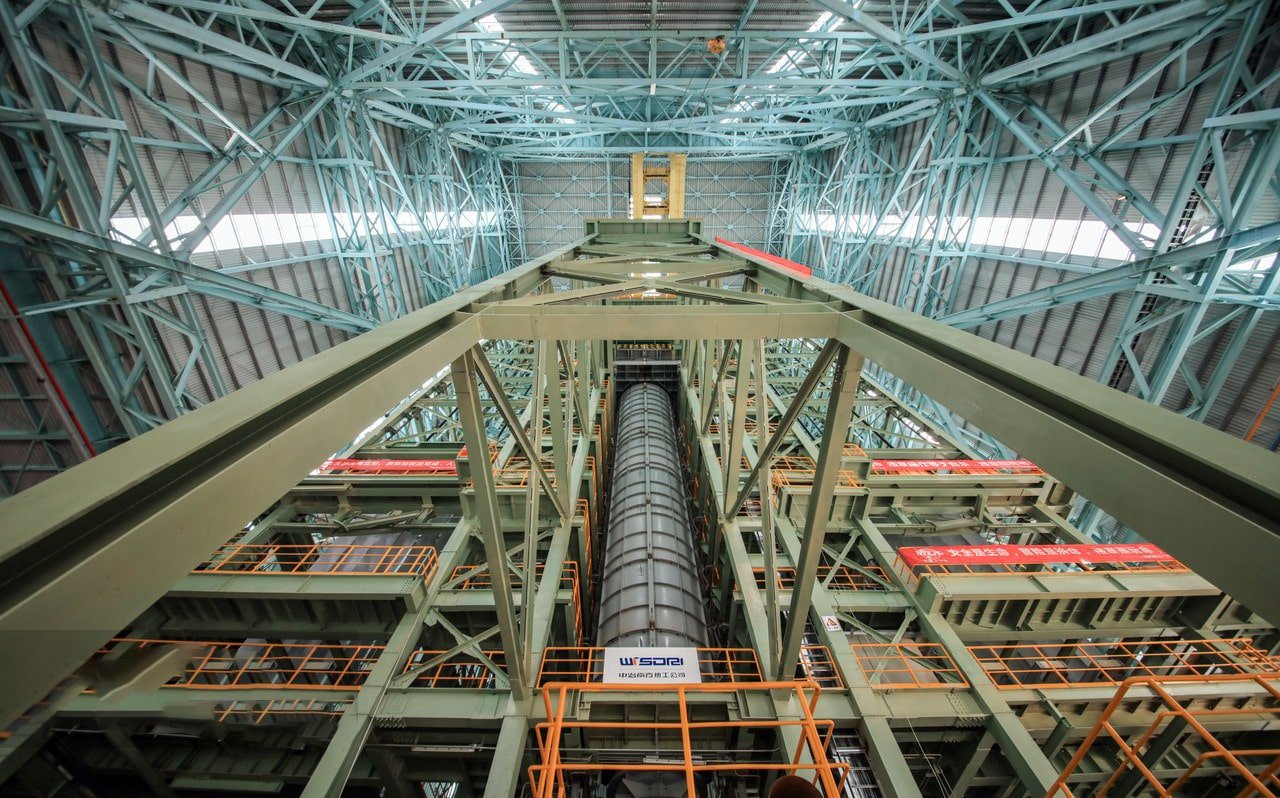
Process Equipment
-
Storage Systems:
- Pressure vessels
- Storage tanks
- Transport containers
- Process reactors
-
Transfer Systems:
- Piping networks
- Pumping stations
- Valve assemblies
- Flow control
Performance Requirements
-
Material Properties:
- Chemical resistance
- Temperature stability
- Pressure capability
- Fatigue resistance
-
Safety Considerations:
- Failure prevention
- Leak protection
- Maintenance access
- Emergency systems
Conclusion
Stainless steel's unique combination of properties makes it essential across diverse industries, from medical and food processing to construction and chemical processing, where its durability, corrosion resistance, and hygiene properties are crucial for success.
-
Learn how different industries benefit from stainless steel's properties ↩
-
Discover how stainless steel ensures safety in healthcare and pharmaceuticals ↩
-
Understand the hygiene benefits of stainless steel in food applications ↩
-
Explore how stainless steel enhances design and durability in architecture ↩
-
Find out how stainless steel improves safety and performance in transportation ↩
-
Learn about stainless steel's chemical resistance in industrial applications ↩


